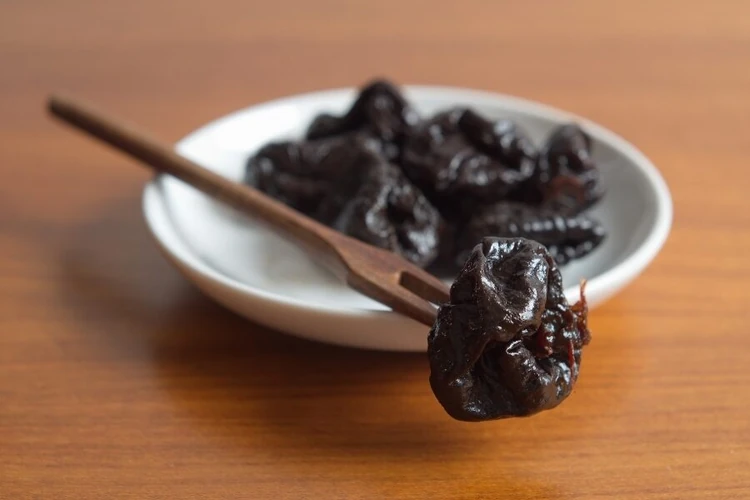For older women, taking preventive measures to maximize bone health can be important to help reduce fractures and improve overall wellness. Now, researchers from Penn State have found that eating prunes can be a good way for postmenopausal women to reduce the risk of bone loss.
“In postmenopausal women, lower levels of estrogen can trigger a rise of oxidative stress and inflammation, increasing the risk of weakening bones that may lead to fractures,” said researcher Connie Rogers. “Incorporating prunes into the diet may help protect bones by slowing or reversing this process.”
Diet impacts bone health
To better understand the connection between diet and long-term bone health, the researchers analyzed data from several earlier studies that included trials conducted on both mice and humans. Several of the trials explored how eating different amounts of prunes every day for six to 12 months affected postmenopausal women’s bone health.
Ultimately, the researchers discovered a positive correlation between prune consumption and improvements in bone health. One of the studies showed that eating five or 10 prunes every day for six months helped lower bone resorption and overall bone density loss. Another study highlighted specific areas of the body that benefited from regularly consuming prunes; the findings showed that eating 10 prunes per day for a year was associated with better bone density in the lower spine and forearm.
The researchers believe that this relationship between prunes and bone health could be related to the ways that prunes impact the gut microbiome. The biggest change is in inflammation, both in the colon and throughout the body, and the reduction in oxidative stress; both inflammation and oxidative stress are key factors in bone health.
“Taken together, evidence from in vitro, preclinical studies, and limited clinical studies suggest prunes may help to reduce bone loss,” said Rogers. “This may be due to altered bone turnover and by inhibiting inflammation and suppressing oxidative stress.”
Moving forward, the researchers hope to do more work in this area to better understand the specifics behind the relationship between prunes and bone health.
